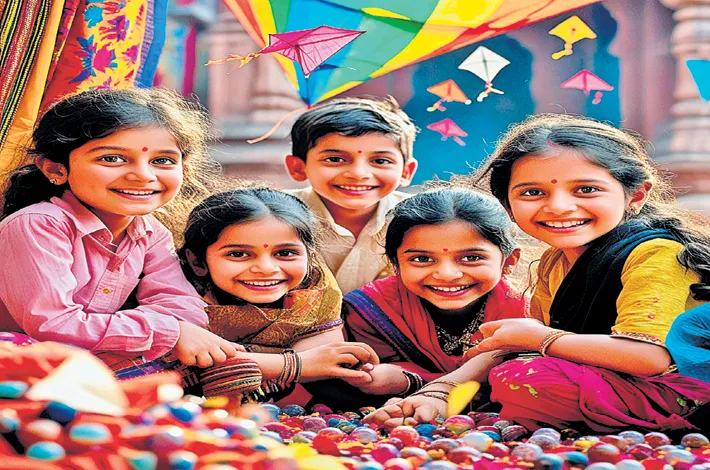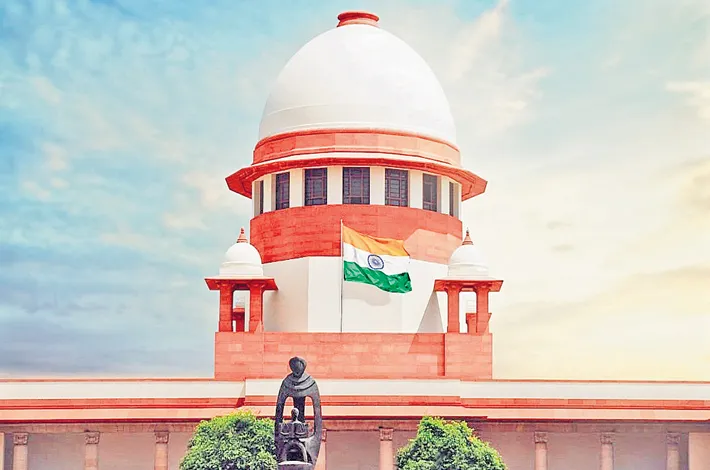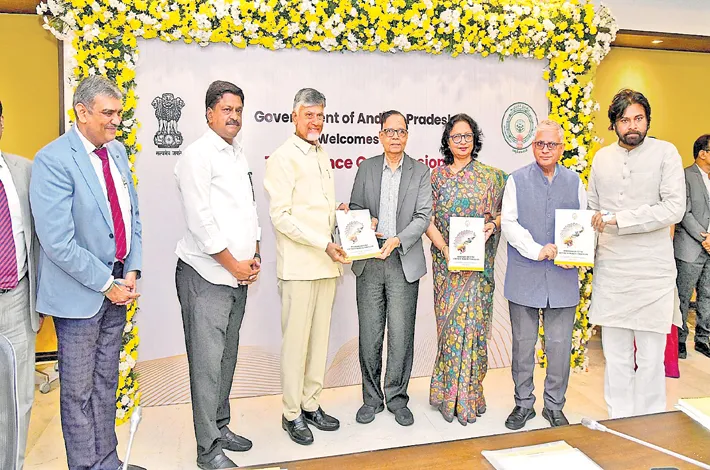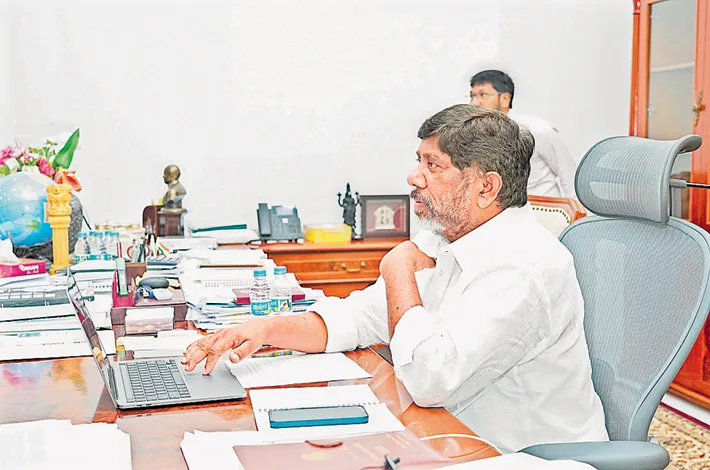The Importance of Childhood Friends in Life: An Indian Perspective
14-04-2025 12:00:00 AM

Moreover, these friendships build resilience. Growing up in India often means facing competitive exams, societal expectations, and economic challenges. Childhood friends become cheerleaders who celebrate your successes and pick you up during failures. They remind you of your potential when self-doubt creeps in, offering a perspective that only someone who has known you for years can provide
In the vibrant tapestry of Indian life, childhood friendships hold a special place, weaving memories, values, and connections that endure through time. These bonds, often forged in the dusty lanes of neighborhoods, school courtyards, or during festive gatherings, are more than just nostalgic reminiscences; they are pillars of emotional and social growth. In the Indian context, where family and community play a central role, childhood friends become an extended family, shaping identities, offering support, and anchoring individuals to their roots.
The Foundation of Trust and Understanding
Childhood friendships in India often begin in an environment of innocence and simplicity. Whether it’s playing gully cricket in the streets, sharing tiffin during school breaks, or celebrating festivals like Diwali and Holi together, these moments lay the groundwork for trust and mutual understanding. Unlike friendships formed later in life, which may be influenced by ambition or circumstance, childhood bonds are pure, untainted by ulterior motives. In a country as diverse as India, where caste, religion, and language can sometimes create divides, childhood friends often transcend these barriers, teaching acceptance and unity early on.
For instance, in small towns and villages, children grow up in tight-knit communities where everyone knows each other. A friend from such a setting becomes a confidant who understands your family dynamics, cultural nuances, and even the unspoken rules of your household. This deep-rooted understanding fosters a sense of belonging, which is invaluable in a society where collective identity often takes precedence over individualism.
A Support System Beyond Family
In India, where family is considered the cornerstone of life, childhood friends often become an extension of that family. They are the ones you turn to when you need to share secrets you can’t tell your parents or seek advice on matters like career choices or relationships. This is particularly significant in the Indian context, where societal expectations and familial pressures can sometimes feel overwhelming. A childhood friend, who has seen you through your awkward phases and knows your quirks, offers a safe space to be yourself without judgment.
Take, for example, the tradition of Raksha Bandhan, where sisters tie a rakhi on their brothers’ wrists. In many cases, childhood friends become “rakhi brothers” or sisters, symbolizing a bond as strong as blood ties. These relationships often last a lifetime, providing emotional support during life’s ups and downs—be it navigating the stress of board exams, celebrating a job promotion, or coping with personal loss.
Anchors to Cultural Roots
India’s rapid urbanization and globalization have led to increased mobility, with many young Indians moving to metropolitan cities or even abroad for education and work. In this context, childhood friends serve as anchors to one’s cultural roots. They remind you of the festivals you celebrated together, the local slang you used, or the street food you savored at roadside stalls. These shared memories keep you grounded, even as you navigate new environments and identities.
For instance, a childhood friend from a small town in Punjab might remind you of the joy of eating makki di roti and sarson da saag during Lohri, evoking a sense of home when you’re living in a bustling city like Mumbai or Bangalore. In a country where regional diversity is immense, these friends become custodians of your cultural heritage, preserving the essence of who you are amidst change.
Lessons in Loyalty and Resilience
Childhood friendships in India also teach invaluable life lessons, particularly about loyalty and resilience. Disagreements over a game of kho-kho or misunderstandings during group studies are often the first experiences of conflict resolution. These early interactions teach forgiveness, compromise, and the importance of standing by each other. In a society where relationships are often tested by distance, time, and societal pressures, the ability to maintain childhood friendships reflects a commitment to loyalty.
Moreover, these friendships build resilience. Growing up in India often means facing competitive exams, societal expectations, and economic challenges. Childhood friends become cheerleaders who celebrate your successes and pick you up during failures. They remind you of your potential when self-doubt creeps in, offering a perspective that only someone who has known you for years can provide.
The Role in Modern India
In contemporary India, where technology dominates social interactions, childhood friendships remain a refreshing contrast to the fleeting connections of social media. While WhatsApp groups and Instagram reels keep us connected, nothing compares to the warmth of meeting an old friend over a cup of chai or reminiscing about school pranks during a reunion. These interactions are a reminder that some bonds are timeless, unaffected by the digital noise.
However, maintaining these friendships requires effort, especially as life pulls people in different directions—marriage, career, or relocation. In India, where community ties are strong, many make it a point to stay connected through annual gatherings, festival visits, or even simple phone calls. The effort reflects the cultural value of rishtey (relationships), which Indians hold dear.
Challenges and the Way Forward
Despite their importance, childhood friendships in India face challenges. Urbanization has led to fragmented communities, and the pressure to succeed professionally often leaves little time for nurturing old bonds. Additionally, societal changes, such as inter-city migrations, can create physical and emotional distance.
To preserve these friendships, it’s essential to prioritize communication and make time for shared experiences, even if they’re virtual. Attending a friend’s wedding, celebrating milestones together, or simply checking in regularly can keep the bond alive. In a fast-paced world, these efforts are a testament to the enduring value of childhood friends.
Conclusion
In the Indian context, childhood friends are more than just companions; they are mirrors reflecting your past, pillars supporting your present, and bridges connecting you to your future. They embody the spirit of dosti—a friendship that transcends time and circumstance. As India continues to evolve, these bonds remain a constant, reminding us of the joy of shared laughter, the comfort of unconditional acceptance, and the strength of roots that keep us grounded. In a society that cherishes relationships, childhood friends are treasures, shaping not just individual lives but the very fabric of Indian culture.








